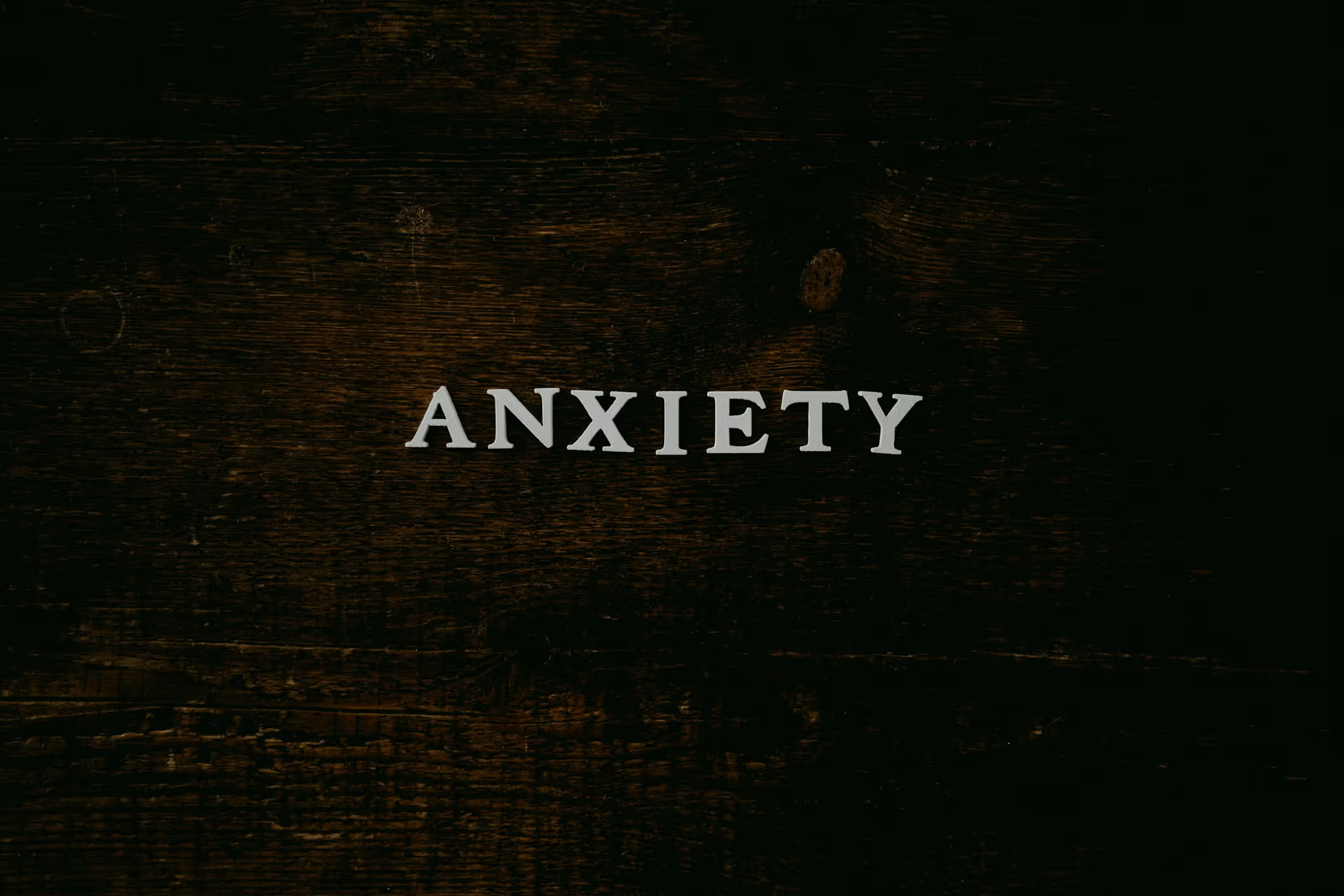Today, anxiety is more prevalent than ever. According to the National Council on Social Anxiety and Self-Concept, approximately 21% of Americans over the...

Today, anxiety is more prevalent than ever. According to the National Council on Social Anxiety and Self-Concept, approximately 21% of Americans over the age of 18 experience some form of anxiety each year.
This strong sense of worry can come at the worst possible times.
For example, you may feel anxious before a job interview, presentation, or stressful social situation
. However, you may also experience anxiety as a symptom of another condition, such as depression or another anxiety disorder.
Anxiety attacks are sudden, intense feelings of fear, dread, and nervousness.
They usually strike without warning and last from a few minutes to a few hours.
It is important to note that these attacks are not a sign of something more serious.
In most cases, they will subside on their own once the trigger disappears.
However, it can be difficult to know when to trust our feelings. In that case, we'll explore some helpful tips for calming down an anxiety attack.
To reduce your anxiety, you can practice relaxation techniques such as deep breathing, progressive muscle relaxation, guided imagery, and mindfulness practices. Additionally, regular exercise has been found to be beneficial in managing stress and improving mental health.
Yes, Medicaid provides insurance coverage for therapy services specifically designed to help individuals struggling with anxiety, depression, and other mental health conditions.
Addressing anxiety is crucial because it can significantly impact your quality of life and overall well-being. Left untreated, anxiety can lead to more severe mental health issues, relationship problems, and difficulty functioning in daily life.
It's important that you feel comfortable discussing personal matters with your therapist in order to open up and get more out of therapy sessions; therefore finding someone who meets certain criteria like experience level, expertise areas, and personality is key when selecting a therapist who can give meaningful feedback about how best handle issues related to anxiety or other mental health concerns.
Other activities which have been found helpful in reducing both immediate feelings of anxiousness and long-term anxieties associated with chronic disorders include yoga, journaling, nature walks, art therapy, volunteering, and other low-stress activities. Additionally, developing a healthy lifestyle incorporating adequate sleep, physical activity, and nutritious meals can help reduce overall stress levels.
The duration of anxiety counseling varies for each individual, depending on the severity of their anxiety and their progress in therapy. Our therapists will regularly assess your progress and adjust your treatment plan as needed.